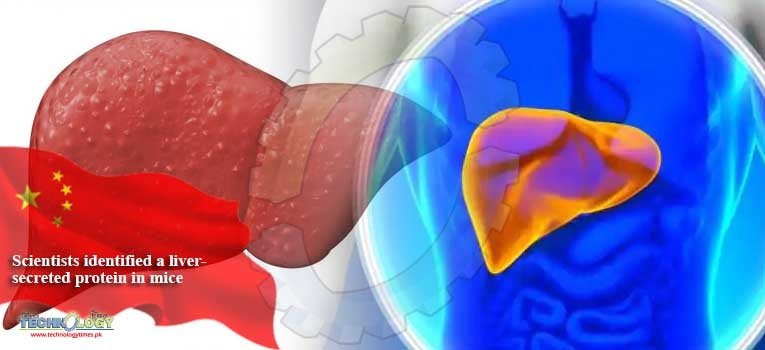Chinese scientists have identified a liver-secreted protein in mice that stimulates the fat formation in other organ and exacerbates obesity, a finding which will provide new strategies for treating obesity and related disorders.
 Researchers from the Wuhan University based in China’s Hubei Province observed in experiments that when mice displayed less lipid formation in the metabolic organ liver, they produced increased fatty acid synthesis in fatty tissue, showing that there may be some liver-secreted factor that contributes to obesity.
Researchers from the Wuhan University based in China’s Hubei Province observed in experiments that when mice displayed less lipid formation in the metabolic organ liver, they produced increased fatty acid synthesis in fatty tissue, showing that there may be some liver-secreted factor that contributes to obesity.
Using genetic approaches, they identified Gpnmb, a protein secreted from the liver that activated fatty acid synthesis in white adipose tissue, reduced energy expenditure and aggravated insulin resistance.
Researchers next investigated whether genetic deletion of Gpnmb is effective in treating obesity. They injected mice with an anti-Gpnmb antibody and found the protein was inhibited in the liver, and then, weight reduced, heat production enhanced and insulin sensitivity increased.
The study was published in the journal Nature Metabolism early this month.
Human metabolism is regulated by a complex interplay among different organs, said the lead researcher Song Baoliang. “Gpnmb is such an example of proteins targeting organs other than the liver and modulating metabolism by exerting actions on other tissues.”
Obesity can be affected by many factors such as genes and environment. It is an important risk factor for diabetes, fatty liver disease, cardiovascular disease and even cancer.
Researchers believe their findings further suggest the future potential application of serum Gpnmb in clinical diagnostics and intervention in metabolic disorders.